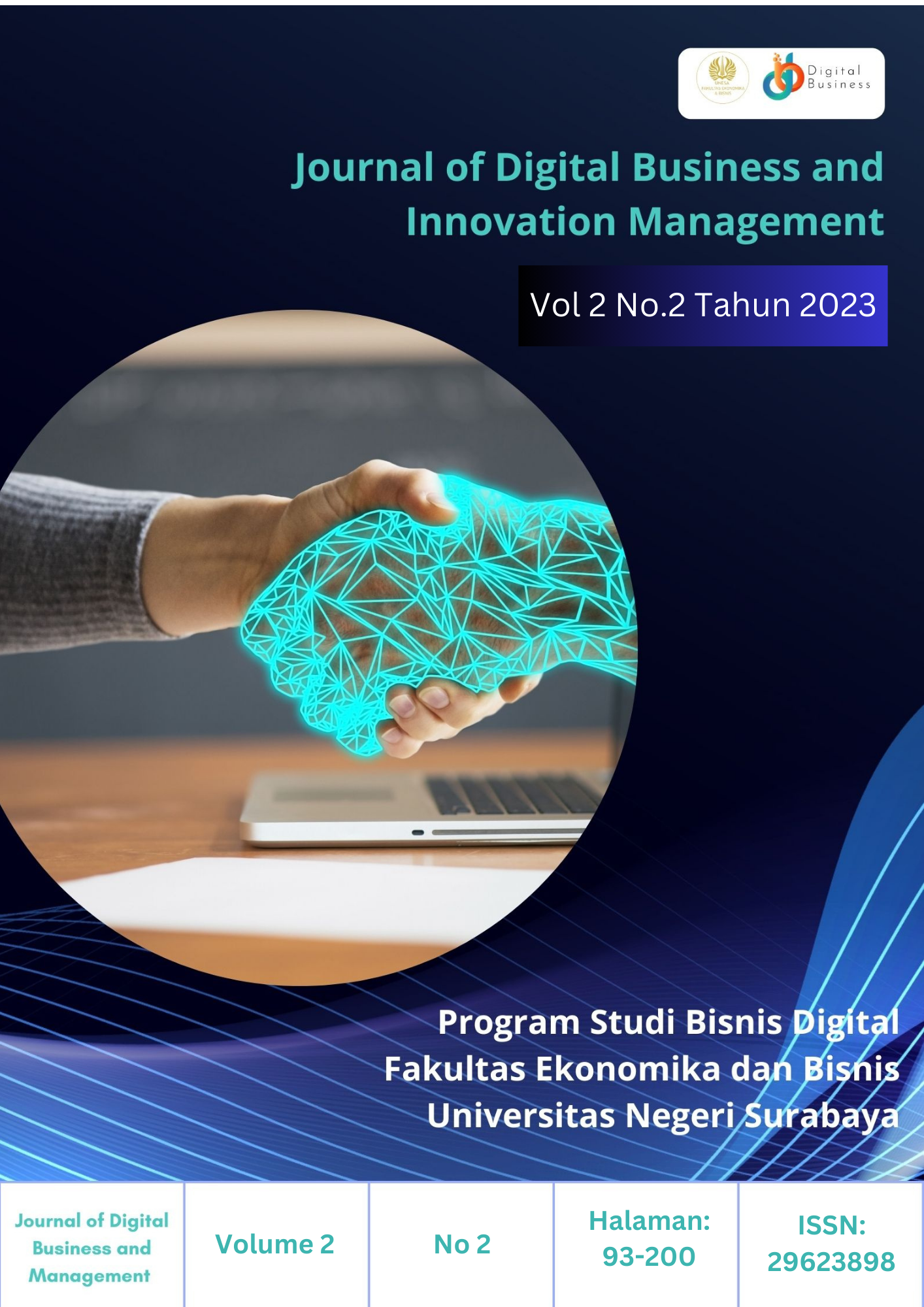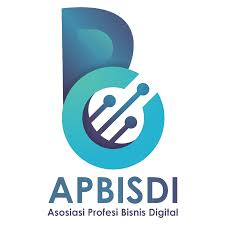ANALISIS PENGGUNAAN TEKNOLOGI ARTIFICIAL INTELLIGENCE TERHADAP PRODUKTIVITAS AKADEMIK MAHASISWA
DOI:
https://doi.org/10.26740/jdbim.v2i2.57674Keywords:
mahasiswa millennial; joki tugas; plagiat; teknologi Artificial Intelligence (AI); dampak etisAbstract
Millennial students, born between 1981-1996, are often considered a generation that is sophisticated in technology, but is also faced with several challenges. They tend to rely too much on technology, lack initiative in completing tasks themselves, are distracted by many distractions, and are susceptible to health problems. Apart from that, social and environmental factors also influence their thinking patterns and interactions. In the educational context, the practice of assignment jockeying and plagiarism are serious issues. This research emerged as a response to developments in Artificial Intelligence (AI) technology, such as ChatGPT generation 3 from OpenAI, which can be expected to address the problems of task jockeying and plagiarism. The aim of this research is to scientifically examine the potential of AI in combating dishonest academic practices because no previous research has investigated the correlation between the use of AI and overcoming student assignment jockeying and plagiarism. In the world of education, assignment jockeying and plagiarism are serious problems that can undermine academic integrity. Utilizing Artificial Intelligence (AI) technology, such as ChatGPT from OpenAI, can be an interesting solution to address this problem. Therefore, this research aims to scientifically prove through research the enthusiasm of students in (a) doing coursework using AI without worrying about plagiarism and (b) being able to eradicate assignment jockeys.
Downloads

Downloads
Published
How to Cite
Issue
Section
 Abstract views: 660
,
Abstract views: 660
, PDF Downloads: 731
PDF Downloads: 731






